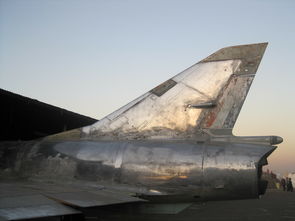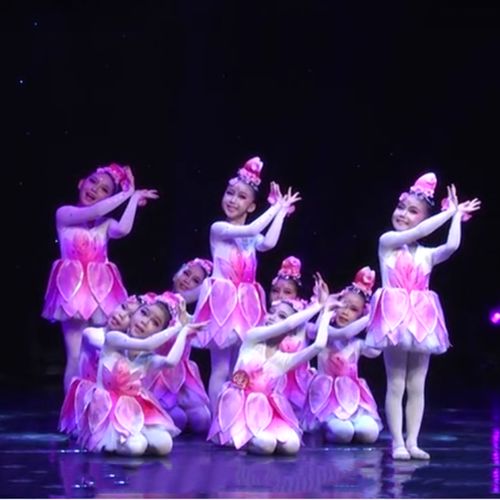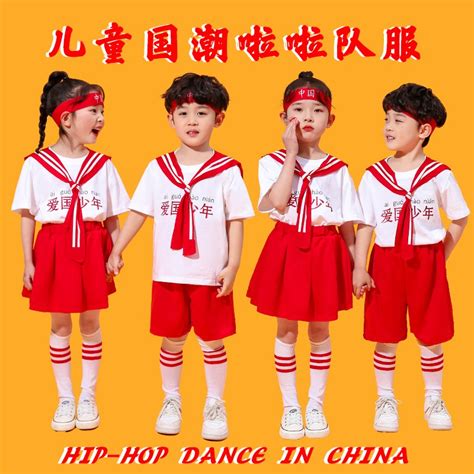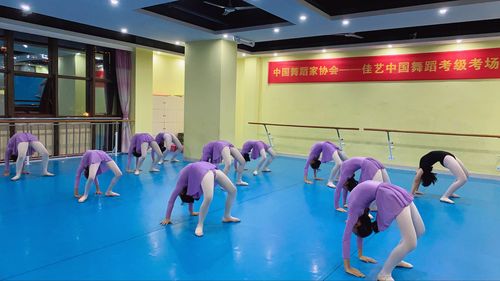斗破苍穹大主宰免费全本完整版
Title: Exploring "斗破苍穹" (Doupo Cangqiong): An Epic Journey through a Martial Arts Fantasy World
Introduction:
"斗破苍穹" (Doupo Cangqiong), translated as "Battle Through the Heavens," is a popular Chinese web novel written by Tian Can Tu Dou. Set in a fantastical world where martial arts, alchemy, and cultivation are paramount, the story follows the journey of a young protagonist, Xiao Yan, as he embarks on a quest to regain his lost powers and seek justice for his family. In this comprehensive guide, we delve into the intricacies of this captivating world, exploring its characters, themes, and cultural significance.
1. Martial Arts and Cultivation:
At the heart of "斗破苍穹" lies the concept of martial arts and cultivation. Unlike conventional physical combat, martial arts in this universe involve harnessing one's inner energy, known as "Dou Qi," to perform extraordinary feats. Cultivation, on the other hand, refers to the process of refining and strengthening one's Dou Qi through rigorous training and meditation. This theme resonates deeply with traditional Chinese philosophy, which emphasizes selfdiscipline, perseverance, and spiritual enlightenment.
2. Character Analysis:
Xiao Yan, the protagonist of "斗破苍穹," undergoes significant growth and development throughout the story. Initially portrayed as a talented yet arrogant young man, Xiao Yan experiences numerous setbacks and challenges that force him to mature and evolve both as a martial artist and as a person. His journey is paralleled by a diverse cast of characters, including mentors, rivals, and allies, each with their own motivations and conflicts. From the enigmatic Yao Chen to the formidable Yun Shan, these characters add depth and complexity to the narrative, illustrating the interconnectedness of fate and destiny.
3. Themes and Symbolism:
"斗破苍穹" explores a wide range of themes, including friendship, betrayal, redemption, and the pursuit of power. Central to the story is the concept of balance – the delicate equilibrium between light and darkness, good and evil, yin and yang. This duality is reflected in the protagonist's internal struggle between his desire for strength and his commitment to righteousness. Moreover, the novel incorporates elements of Chinese mythology and folklore, weaving together a tapestry of symbols and allegories that enrich the reader's experience.
4. Cultural Impact and Legacy:
Since its serialization on Chinese online platforms such as Qidian.com, "斗破苍穹" has amassed a devoted following both domestically and internationally. Its success has spawned various adaptations, including a popular animated series, manga, and video games, further cementing its status as a cultural phenomenon. Beyond entertainment, the novel has also sparked discussions on topics such as ethics, morality, and the nature of power, resonating with readers of all ages and backgrounds.
Conclusion:
In conclusion, "斗破苍穹" stands as a testament to the enduring appeal of martial arts fantasy literature. Through its compelling narrative, richly drawn characters, and thoughtprovoking themes, the novel transports readers to a world of adventure and intrigue, where the boundaries between reality and imagination blur. Whether you're a fan of martial arts fiction or simply seeking an epic tale of heroism and redemption, "斗破苍穹" offers a captivating journey that is sure to leave a lasting impression.
References:
Tian Can Tu Dou. (n.d.). 斗破苍穹 (Battle Through the Heavens). Qidian.com.
Doupo Cangqiong. (n.d.). Retrieved from [official website].
"Battle Through the Heavens (Anime)." (n.d.). MyAnimeList.net.
"Battle Through the Heavens (Manhua)." (n.d.). Bilibili.com.
"Battle Through the Heavens (Video Game)." (n.d.). Tencent Games.











